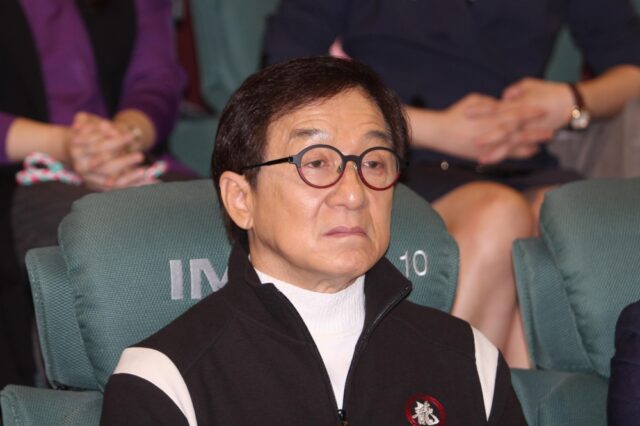HONG KONG, May 14 — Jackie Chan isn’t pulling any punches when it comes to how modern technology is changing the face of action cinema — and not for the better.
The 71-year-old martial arts legend has voiced concerns that computer-generated imagery (CGI) is stripping away the sense of danger that once defined the genre.
Speaking to Haute Living, Chan reflected on the evolution of stunt work since he first started performing his own back-breaking feats over six decades ago.
“In the old days, the only [choice we had] was to be there and jump, that’s it,” he said.
“Today, with computers, actors can do anything, but there’s always a sense of reality that you feel is missing.”
The Rush Hour star believes audiences are becoming desensitised to action because CGI stunts, while spectacular, lack the physical stakes of real-life danger.
“It’s a double-edged sword. On one hand, actors become more and more capable of doing impossible stunts with the help of technology, and yet, on the other hand, the concept of danger and limit gets blurred and the audience is numb [to it],” he explained.
Chan was quick to clarify he isn’t advocating for reckless filmmaking.
“But I’m not encouraging anybody to risk their lives to do the stunts like I did. It truly is too dangerous,” he added.
Despite his warnings, the action veteran remains firmly committed to his own high-wire style of performance.
“Of course, I always do my own stunts. It’s who I am,” he said.
“That’s not changing until the day I retire, which is never! And to be honest, when you’ve done it for 64 years straight, there’s no physical preparation anymore. Everything is in your heart and soul, it is muscle memory.”
Now starring in Karate Kid: Legends, which opens in Malaysian cinemas on June 5, Chan said that when it comes to choreographing action, that audience connection is never far from his mind.
“Most of the movies I made were commercial films, so it wasn’t that much of a conflict. I would constantly brainstorm how to design an action sequence to make it more appealing to the audience,” he said.
Through it all, Chan continues to live by a simple creative principle: never get too comfortable.
“You can’t make everyone satisfied and happy, so the only thing you can do is be true and honest to yourself,” he said.
“Cinema is an art of regret. You always feel like you could do more, do better. But for me, as long I push myself to the limit, I can move on without regret.”











